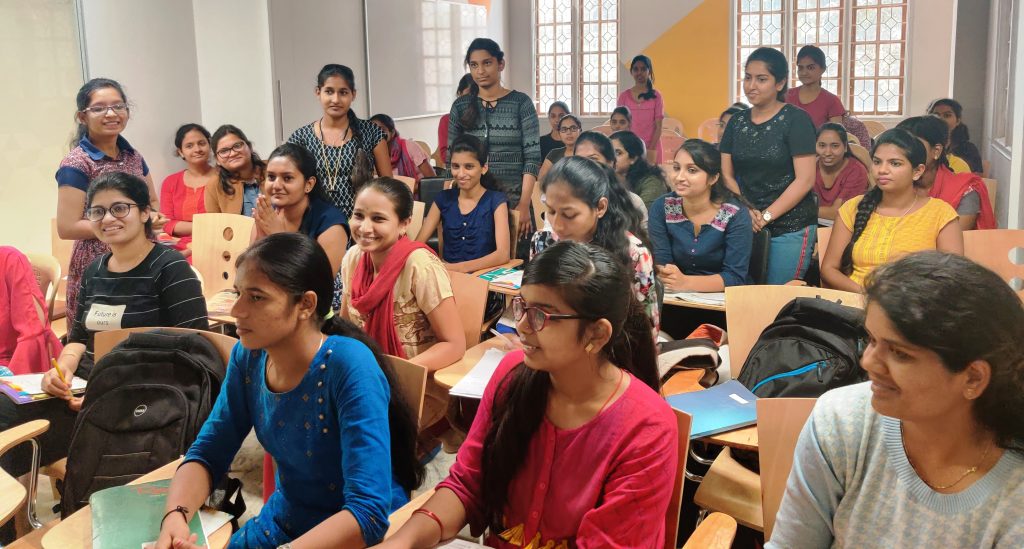
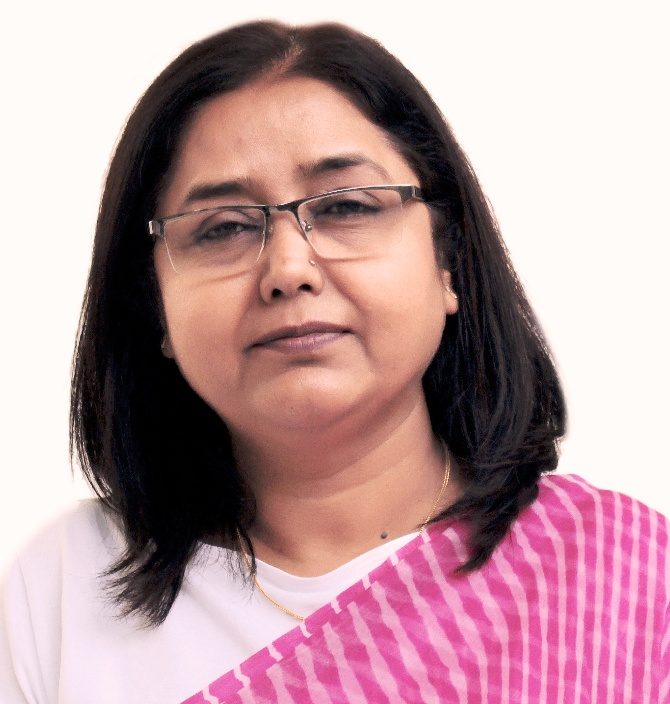
For many years, we have witnessed women fighting for their rights – be it in society, at home or in their professional lives. While things have changed for the better in favour of women, there remains a significant gap in gender equality in all spheres, especially in the professional world. The technology space, like most other domains, has been associated with male-led organisations. Despite all this, today, women have emerged to be some of the most well-known tech leaders globally, though their journey has been far from easy.
India has 940 females for every 1000 males making the male-to-female ratio (MFR) 1.06. In contrast, with the MFR in engineering colleges at 1.79, the ratio imbalance is significant, indicating that a lower proportion of females make it to engineering courses vis-a-vis males. India’s GDP could potentially see an additional contribution of USD 770 billion if the female workforce participation in the country is brought to the same level as that of males, claims a McKinsey Global Institute report
Across the technology domain, women are still inadequately represented compared to their male counterparts. While biases that exist in organisational culture are several, those at odds with women are predominant, thereby inhibiting further progress of female employees, which is proving to be detrimental to the overall organisational output. However, it is important to note that the work environment is not the only source where the challenge is stemming from.
India has 940 females for every 1000 males making the male-to-female ratio (MFR) 1.06. In contrast, with the MFR in engineering colleges at 1.79, the ratio imbalance is significant, indicating that a lower proportion of females make it to engineering courses vis-a-vis males. India’s GDP could potentially see an additional contribution of USD 770 billion if the female workforce participation in the country is brought to the same level as that of males, claims a McKinsey Global Institute report. Technology being undoubtedly one of the fastest-growing sectors, more inclusion of women in the space will make for an immense scope of unlocking new opportunities in this space. There is an urgent need for organisations to present women with opportunities to go much beyond the surface level and create opportunities for them to be a part of decision-making and value addition.
Equitable opportunities for education and economic empowerment are intertwined with women’s right to live with dignity. Nothing more than education and meaningful employment has the potential of breaking down the walls built around women. Education is instrumental in helping women defy stereotypes that may block their potentially bright future. Hundreds and thousands of women associated with various domains who are passionate and keen to change the world around them not only carve a niche for themselves but also present an empowering role model in making a difference.
The SHE ARISE programme focuses on selecting women from weaker socio-economic backgrounds who are BTech, BE or BCA graduates or women who have lost their jobs after working for five to six months and are looking for a career comeback
Altran India, part of Capgemini, recognises the urgent need for empowering women engineers in the country through a holistic professional development programme, enabling them to embark on a technology career path. With the vision of increasing women’s participation in the core engineering sector and also contributing to the economic and social development of the country, we launched our SHE ARISE programme in 2018, in association with NASSCOM Foundation as the implementation partner. We had previously worked with IIT Madras on National Programme on Technology Enhanced Learning (NPTEL), a project initiated by the Ministry of Human Resources Development, Government of India, and NASSCOM Foundation for Employability Enhancement Programme in on-campus mode, and teachers’ professional development for quality enhancement in engineering education. These programmes provided us with adequate experience in engineering education and opened the door for us to realise the need to penetrate Tier II and Tier III engineering colleges as most of the underprivileged women go there.
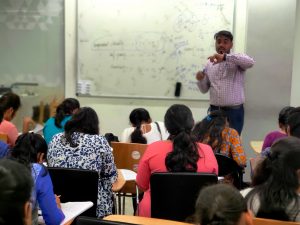
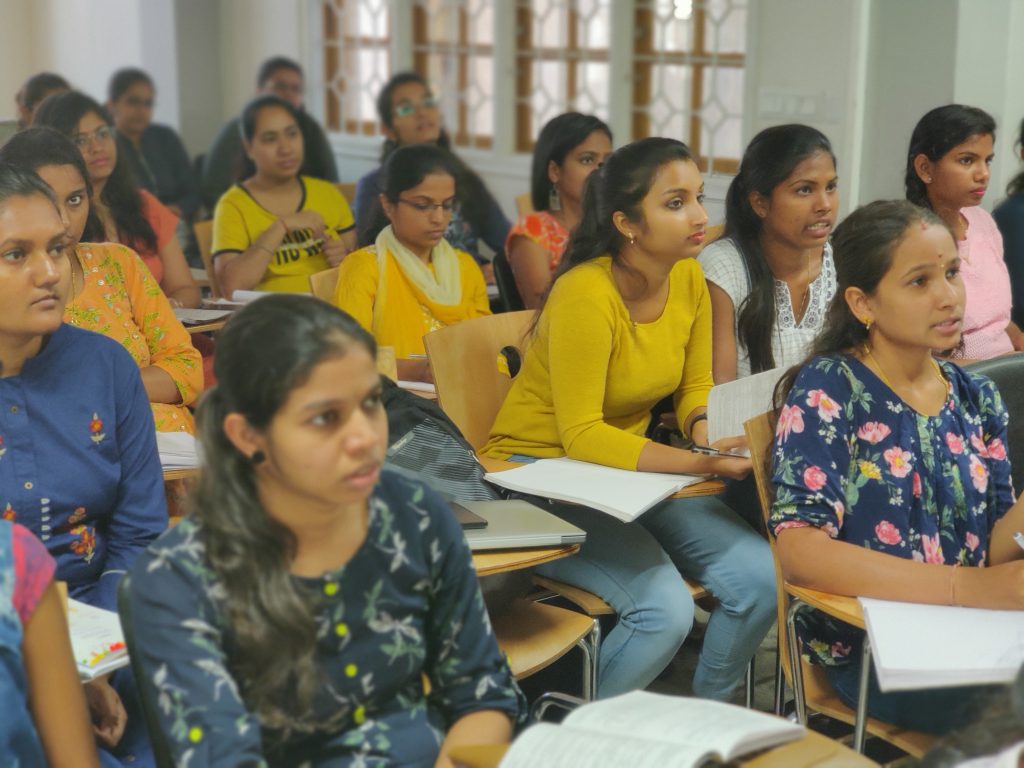
The SHE ARISE programme focuses on selecting women from weaker socio-economic backgrounds who are BTech, BE or BCA graduates or women who have lost their jobs after working for five to six months and are looking for a career comeback. Recruitments for the first batch of the programme were carried out off-campus in Bangalore, Delhi NCR and Hyderabad, but due to the coronavirus outbreak, our recruitments are now conducted online, opening our doors for pan-India candidates.
SHE ARISE, in an off-campus mode, is a full-time, one-year programme that involves upskilling the students on emerging core technologies and providing career options in the IT sector. It upskills students on Python, Flextec, JAVA, Data Sciences, Cyber Security and other emerging core technologies to facilitate their journey as empowered professionals. Almost 50 per cent of the programme’s focus remains on building professional skills, softer skills like communication, ability to work in teams, ability to work in teams, confidence-building and presenting themselves well as the programme works for 100 per cent placement in the core engineering sector.
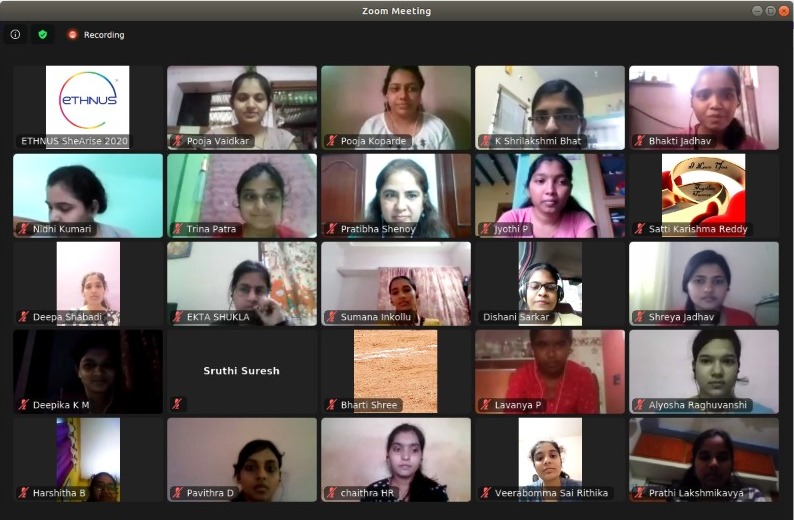
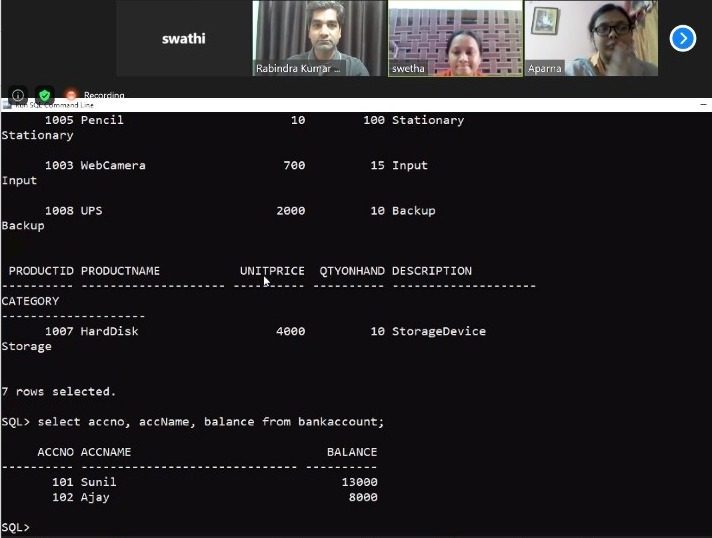
After completing the NDLM training, many beneficiaries could access various government schemes available on different sites and use them for developmental opportunities. The beneficiaries got jobs in companies as Computer Operators, Cashiers, or Data Entry Operators, which impacted their lives and their family conditions significantly
In the first and also the pilot phase of the programme in 2018-19, nearly 95 per cent of women got placed in the core engineering sector. The following year, we doubled the selections, whereby a large section of women got placed.
Envisioned to empower underserved sections of society digitally, the ARISE Digital Literacy Program, initiated in 2015, has reached more than 7000 direct beneficiaries residing in urban slums. It imparts digital literacy training through eleven NDLM (National Digital Literacy Mission) centres across India. The training programme has helped beneficiaries develop a fundamental understanding of computers, smart devices and oriented them to the worldwide web.
After completing the NDLM training, many beneficiaries could access various government schemes available on different sites and use them for developmental opportunities. The beneficiaries got jobs in companies as Computer Operators, Cashiers, or Data Entry Operators, which impacted their lives and their family conditions significantly.


In our desire to make our diversity and inclusion agenda more concrete, we launched ARISE Trans(forming) Lives – AT(f)L, and the pilot phase of the Digital Accessibility Program in 2018. AT(f)L aims to enhance the livelihood options and overall wellbeing of the LGBTQAI+ community in southern regions. The project is a community-led initiative working on upskilling and facilitating their entry into the formal job sector and entrepreneurship. The project team is also working with multiple companies and small businesses, sensitising them to build trans-inclusive workspaces. This year, the programme has integrated a comprehensive mental health programme with active help from a team of psychologists, preventive healthcare specialists and psychiatrists who provide in-person counselling and online/tele-counselling sessions in sustained mode. In the last few months, this programmatic thread has helped not only the trans community but also those who are facing emotional trauma or mental agony in any form due to the COVID-19 lockdown effect.
The pilot phase of the Digital Inclusion Programme was initiated for accessibility testers to help visually-challenged people who test websites, computer software user interfaces and mobile phone apps and validate the same if they are user-friendly for Persons with Disabilities. The idea was also to evaluate if these services and applications comply with accessibility standards such as WCAG, etc.
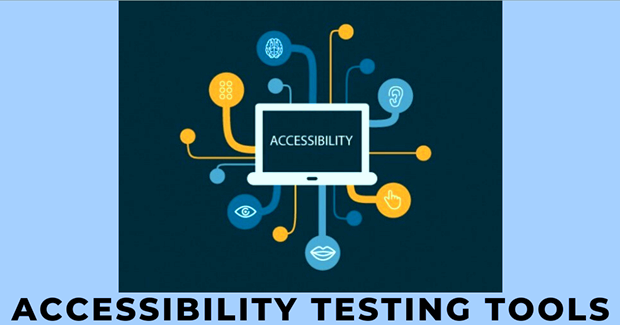
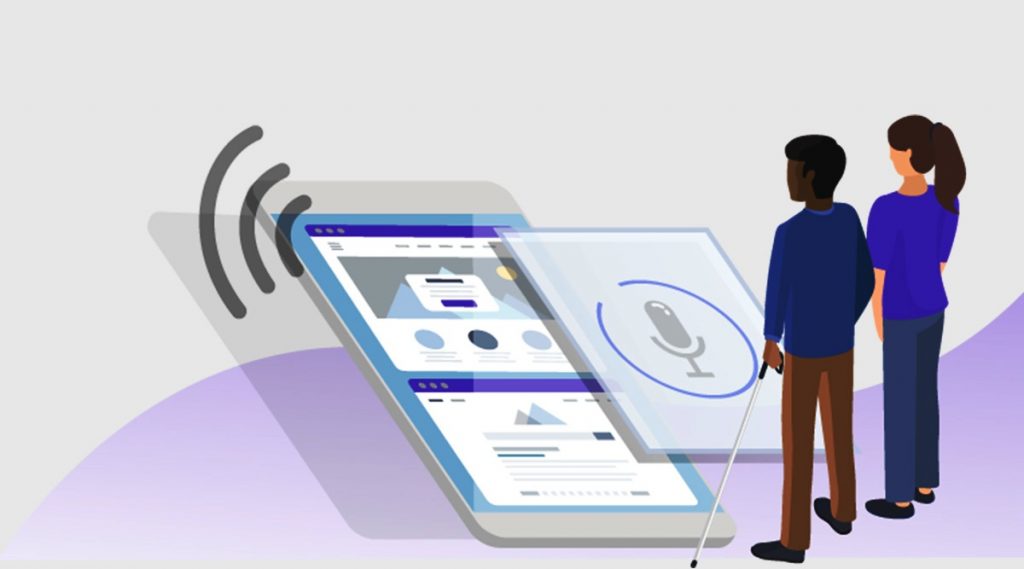
Diversity and inclusion have played a crucial role in our decision to work with the LGBTQ community and differently-abled groups. The pilot phase of the Digital Inclusion Program was initiated for accessibility testers to help visually-challenged people who test websites, computer software user interfaces and mobile phone apps and validate the same if they are user-friendly for persons with disabilities (PwD). The idea was also to evaluate if these services and applications comply with accessibility standards such as WCAG, etc. The current phase of the programme is an extension of learning experiences and includes more than 300 differently-abled beneficiaries. The project aims at enabling youth with disabilities to achieve financial independence through vocational skill-building and placement support.
This year, the ARISE programme is providing basic essential kits to police personnel, blue colour jobholders, the scavenger community and healthcare workers. Food and other essential items based kits are supplied to daily wagers, manual labourers, tribal and rural poor who are amongst the worst affected population due to COVID-19. In the last few months, we have served more than 31,000 plus beneficiaries through our COVID relief support.
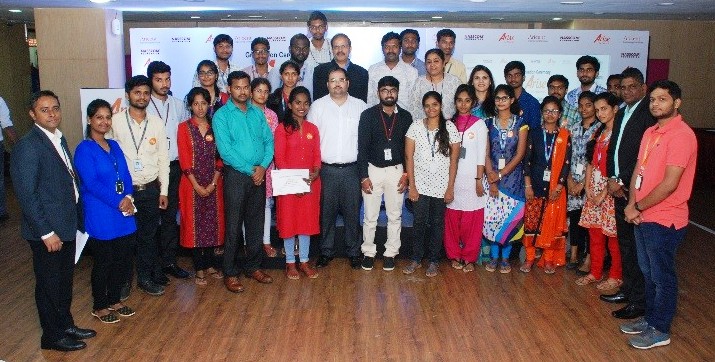 So far, through sustained and comprehensive interventions and our multifaceted development programme ARISE, we have touched the lives of more than one lakh direct beneficiaries pan-India. Our team is continuously working on evolving more women-centric, sustainable and contextual technology-based solutions for catalysing change through our CSR programmes.
So far, through sustained and comprehensive interventions and our multifaceted development programme ARISE, we have touched the lives of more than one lakh direct beneficiaries pan-India. Our team is continuously working on evolving more women-centric, sustainable and contextual technology-based solutions for catalysing change through our CSR programmes.
Nuzhat Parveen is Director, Corporate Social Responsibility at Altran India, part of Capgemini.

